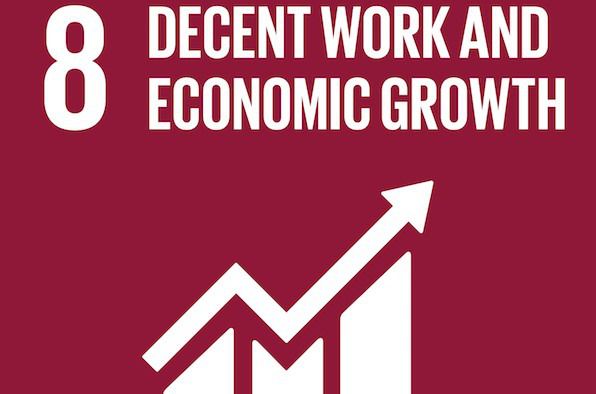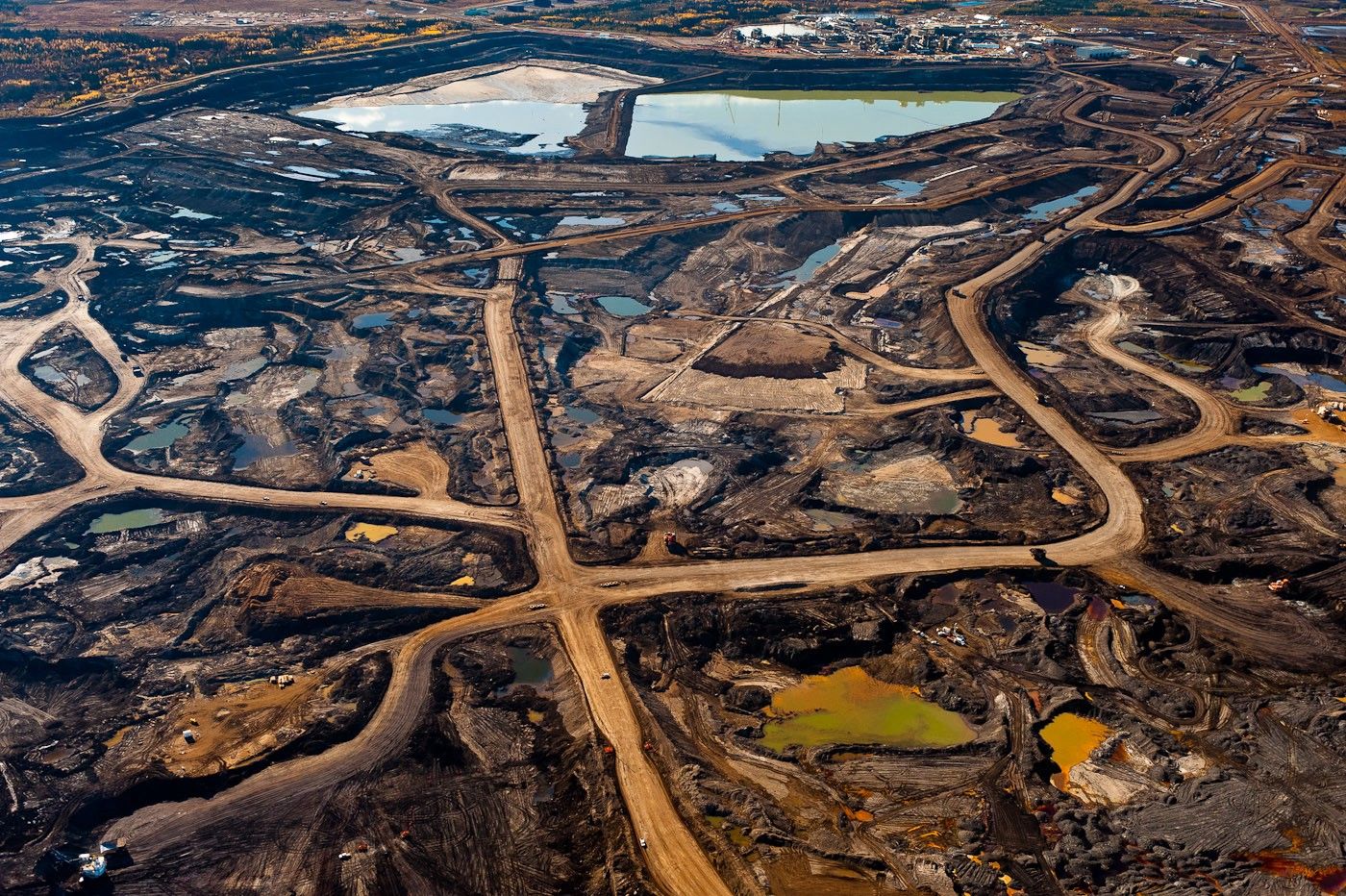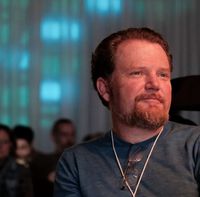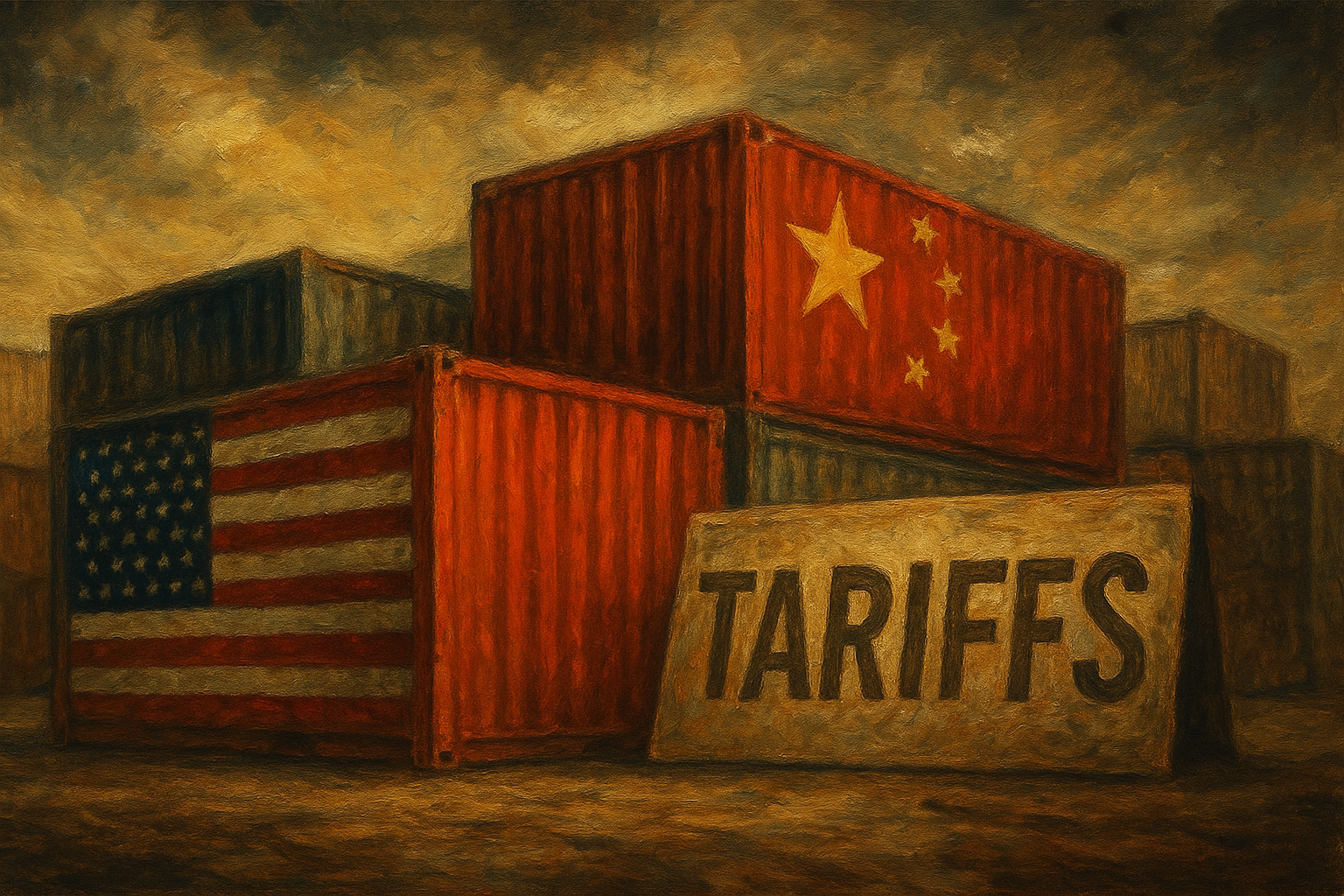Where is the Life we have lost in living?
Where is the wisdom we have lost in knowledge?
Where is the knowledge we have lost in information? […] What life have you, if you have not life together?
There is no life that is not in community, […]
When the Stranger says: “What is the meaning of this city? Do you huddle close together because you love each other?”
What will you answer? “We all dwell together to make money from each other”? or “This is a community”? Oh my soul, be prepared for the coming of the Stranger.
Be prepared for him who knows how to ask questions.
— T.S. Eliot (1934)
One problem with this idea that nature and culture are separate is that it has predisposed us to create exploitative cultures that degrade ecosystems everywhere. Exploitative and degenerative cultures tend to have economic systems focused around the notions of scarcity and competitive advantage, whereas regenerative cultures understand how collaborative advantage can foster shared abundance.
Our current economic system disrespects planetary boundaries
We have created an increasingly global civilization that is primarily shaped by the rules of an economic system that pays little or no regard to the fundamental processes that maintain the healthy functioning of ecological systems. Our current economic system disrespects planetary boundaries. Conventional economics justifies the over-exploitation of resources in the short term without regard to the long-term effects on vital ecosystems functions upon which all of life depends.
The dangerous ideology of neo-classical economics offers economic arguments for the replacement of diversity with monocultures, thereby justifying and structurally embedding competition. This actively drives the erosion of natural resilience which depends on redundancies at multiple scales, in pursuit of ‘economics of scale’ and ‘competitive advantage’ in a globalized market. This system has worked well for a few, at the cost of the many and has driven the degradation of communities and ecosystems around the world.
We have come to use the words ‘redundant’ and ‘redundancy’ to mean superfluous or unnecessary, yet in living systems redundancies at and across multiple scales are vital, as they decentralize important functions by distributing them across the system as a whole and thereby make the overall system more resilient.
It is much harder to disrupt vital functions if they are distributed and decentralized (performed simultaneously at multiple scales and locations) rather than if these functions are performed at one large-scale, centralized facility (which maximizes economies of scale and efficiency but sacrifices resilience and flexibility). We will return to this in Chapters 2 and 4. [This is an excerpt of a subchapter from Designing Regenerative Cultures, published by Triarchy Press, 2016.]
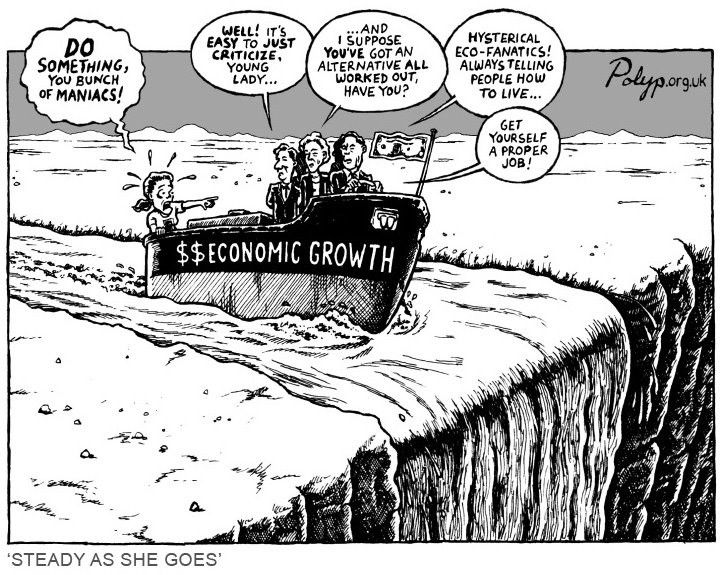
Oikos (οἶκος) means ‘house’ or ‘household’. Logos (λόγος) means ‘that which is said of’ or ‘the study of’. The role of ecology is thus to provide a deeper understanding of life’s household including humanity’s participation in it. Combining oikos with nomos (νόμ- ος) which means ‘rule’ or ‘law’ indicates that the role of economy is to establish appropriate rules for the ‘management of the household’.
Clearly the rules of how to husband the Earth’s resources (economy) should be based on a deep understanding of the life-supporting functions of ecosystems and the Earth (ecology). Yet the narrative of scarcity and competition that forms the dogmatic basis of the dominant ideology of economics was established before the science of ecology was invented.
An economic system in service to current and future generations will have to be rooted in an ecological understanding of interconnection and interdependence. We have invented an economic system that goes utterly against the basic rules for long-term survival of any living system. The good news is that, since we invented the rules of economics, we can re-invent them!
Ecology is the study of the healthy functioning and the continuous change and adaptation of ecosystems and the biosphere. These dynamics are not open for political discussion and compromise. They are about how life creates conditions that favour life. The economic rules of our current way of managing our household, on the other hand, are 100% made up by us. They can, therefore, just as easily be disregarded on the grounds that they are insufficient and anachronistic.
We are free to dismiss them in favour of new economic systems that take the long-term survival of the household and ecological insights as a better basis for sound management than those of the current auto-destructive and structurally dysfunctional system. Contrary to what many economists will have you believe, economics is not a science! At its current worst, economics has become a dangerous ideology.
Yet blaming misguided economists will not get us out of this mess. We are all in the same boat. Let us not forget that those who are setting the rules of the system have been directly or indirectly hired by us and are paid by our taxes. We have invited the pipers in, but allowed them to call the tune, and are now dancing to the tune as if it were the only tune possible. But another economics is possible and already being developed and explored under such diverse names as ‘new economics’, ‘steady state economics’ (e.g. Daly, 1991), ‘the circular economy’ (e.g. Boulding, 1966), or ‘ecological economics’ (e.g. Costanza, 1991).
If we stop dancing to the fateful tune of an economics of scarcity and competition and start to collectively hum a different one, we can begin to transform the way we inhabit our common home — planet Earth — in ways that do not damage the health and resilience of the life support system we depend on. We can and must create economic rules that let us share nature’s abundance collaboratively and incentivize business and communities to continuously regenerate the basic resources we depend upon.
We need to initiate culturally creative conversations about what kind of changes to our current economic system are more likely to deliver a thriving and desirable future for our communities and all of humanity. We are all part of, and participants in, the systems we have helped to co-create (or at the very least quietly consented to maintaining).
There is no point in blaming the ‘others’, a lack of political leadership, greedy corporate executives, inadequate laws and regulations or insufficient education, since we all have contributed, and are contributing, to how things are. All of us, when we spend our money, do our work, educate our children, elect our political representatives and participate in our communities, are making ourselves accomplices in the status quo until we choose to act consciously as ‘cultural creatives’ (Ray & Anderson, 2000) of a thriving future for current and future generations.
Change starts with us! It starts in conversation with our neighbours, colleagues, friends and our communities, by asking deeper questions and being willing to live them:
What kind of world do we want to leave for our children and children’s children?
Why are we still at war with each other and with nature?
Why do we allow an economic system that no longer serves the long-term survival of our species or the wellbeing of our communities to dictate the way we do business and relate to each other?
Why do we let our political leaders convince us that spending large proportions of our national budgets on arms and preparation for war is a necessity, when we know that these funds could provide access to water, education, food and a dignified life for all humanity, thereby disarming the main drivers of war and conflict?
How can we meet everyone’s basic needs while simultaneously ensuring our common future by protecting biodiversity, stabilizing global climate patterns and creating thriving human cultures that regenerate planetary bioproductivity?
Questions like these invite us to think systemically over longer time scales and to pay attention to relationships and context, rather than rushing for quick answers and silver- bullet solutions. Questions like these are already driving the re-invention of economics, the co-creation of diverse expressions of the new narrative of interbeing, and the transition towards regenerative cultures.
By questioning dangerous ideologies that no longer serve us we take the first step towards collectively defining the kind of questions that might help us live into more viable alternatives and help us to create regenerative cultures everywhere. …
[This is an excerpt of a subchapter from Designing Regenerative Cultures, published by Triarchy Press, 2016.]
